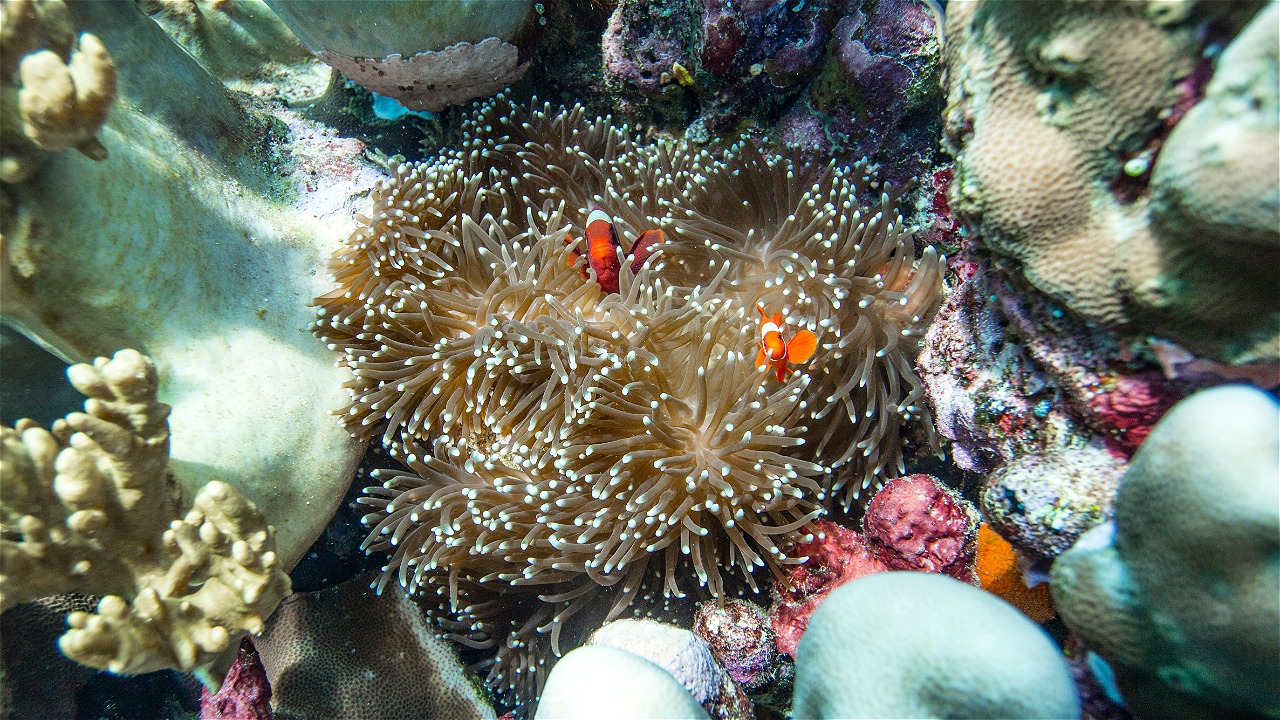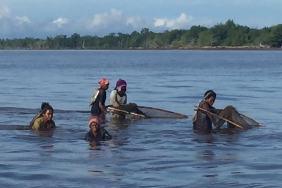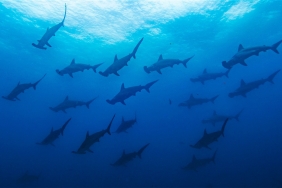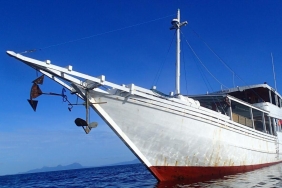FINDING SOLUTIONS FOR SUSTAINABLE REEF FISHERIES IN INDONESIA
By: Noverica Widjojo (SBS Communication & Campaign Coordinator, WWF-Indonesia)
WWF-Indonesia together with the Ministry of Marine Affairs and Fisheries through the Directorate General of Capture Fisheries (DJPT) in the COREMAP-CTI work unit (Coral reef rehabilitation and management program - Coral triangle initiative) held the National Symposium on Sustainable Coral Fisheries Management Indonesia which brought together experts and practitioners of coral fisheries from all over Indonesia in Denpasar, Bali, on November 25-26, 2015.
The symposium was attended by around 141 participants from various institutions such as universities, research institutes and non-governmental organizations (NGOs), and the government to obtain new studies as well as discuss and find scientific solutions to various problems faced by Indonesia's coral fisheries management.
The 75 papers selected for the symposium emphasized that further exploration of reef fish biology, population, and ecology data collection needs to be conducted in marine protected areas within a larger area such as Fisheries Management Areas (WPPs), as well as strengthening Ecosystem Approach to Fisheries Management (EAFM) indicators to improve reef fisheries in Indonesia.
"WWF-Indonesia is ready to continue to collaborate with all parties related to fisheries management, namely the government, experts, entrepreneurs and practitioners to realize sustainable coral fisheries management in Indonesia; and support the implementation of EAFM which is also one of the important and main 'tools' in the preparation of the Fisheries Management Plan (FMP), which is currently being carried out by the CTF," said Wawan Ridwan, Director of the Coral Triangle Program, WWF-Indonesia.
The results obtained from this symposium will be used as a reference for the preparation of coral fisheries governance in Indonesia, one of which is through the Coral Fish Fisheries Management Plan (FMP), including recommendations for strengthening policies to regulate the number and operation of fishing gear; improved traceability to provide added value to reef fisheries products and avoid Illegal, Unreported, Unregulated (IUU) Fishing; management through HCR (Harvest Control Rule); and the provision of information centers that can accommodate important data to support coral fisheries management.
Reef fisheries have also become an economic driver for over 2 million fishers across Indonesia. In recent years, more than 1.3 million tons of reef fish were caught in Indonesian waters. The value of capture fisheries production in Indonesian seas was nearly 100 trillion in 2013.
However, in the last decade, there has been a downward trend in reef fisheries production as a result of widespread damage to coral reef habitats caused by environmentally unfriendly and uncontrolled fishing. The increase in fishing yield trend is not linear with the number of fishers or fleets operating. As fishermen fished farther and farther from their fishing base, the number and size of fish caught tended to decrease in most locations in Indonesia.





